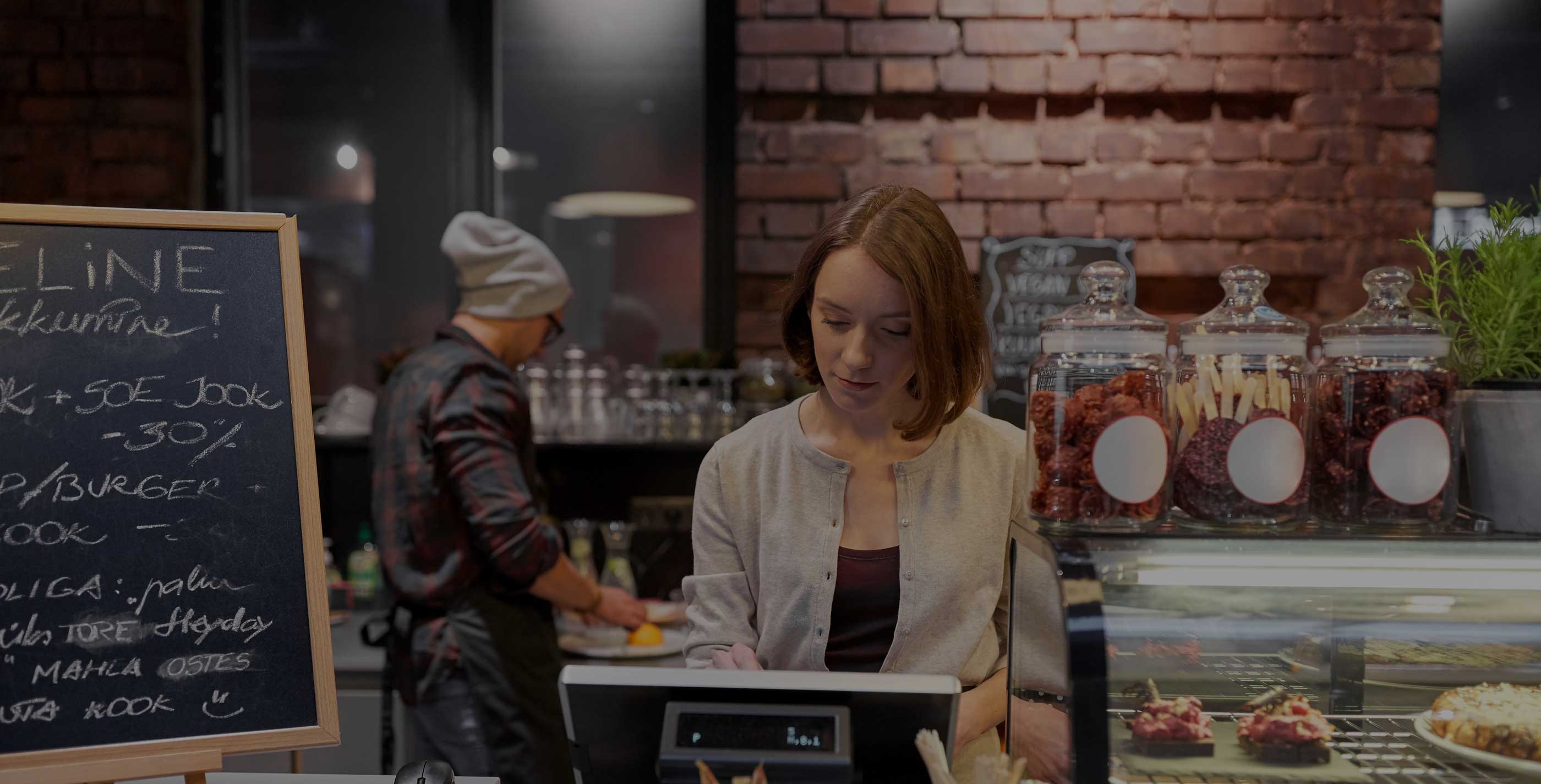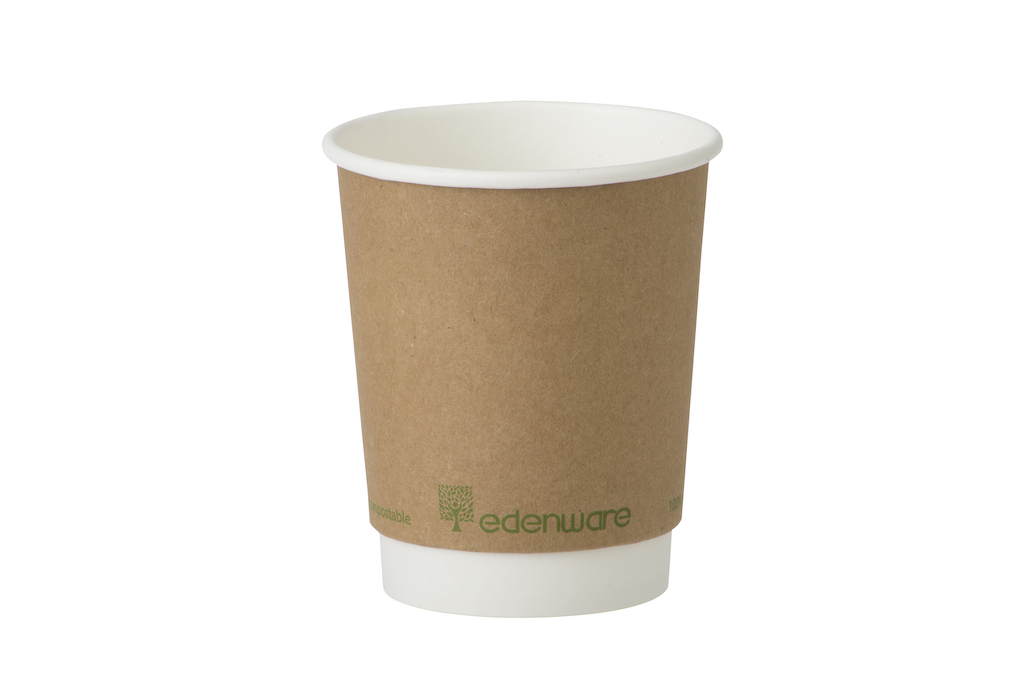
Compostable Coffee Cups
As the word spreads about how important looking after our environment is for our world (and our childrens’ world), we shouldn’t forget that simple changes in our daily routines can make a big difference.
If you’re the owner of a takeaway cafe and you serve your coffee every morning in non biodegradable cups, (which end up in a landfill and generally don’t decompose), it might be worth totting up exactly how many cups you’re indirectly sending to landfill, and what that looks like.
Who we are
Single Use Alternatives was founded by Adrian and Neil; two brothers who are passionate about enjoying the outdoors and caring for the environment. Concerned about the impact single use plastics are having upon the environment, we decided to offer a range of cost effective high quality, alternative products.
To find out more about our products simply browse through our website. If you have any questions we’d love to hear from you: please complete the enquiry form on our contact page.
Is it 50 cups a day, 100 cups a day or more?
The non biodegradable, non-compostable plastic lining in many coffee cups not only takes 30 plus years to degrade, but when it does break down it creates microplastics. These tiny fragments of plastic end up in the food chain; it has been found that a third of fish caught in the UK contain microplastics, suggesting that they’re already entering our food chain.
What’s the point of compostable coffee cups?
Composting is a form of recycling that’s designed to keep things local. You might be familiar with big shipments of plastic bags destined for foreign countries for ‘recycling’, but which in reality end up on a rubbish tip. That’s not local; (and in the cases where the plastic is tipped, nor is it recycling).
When you compost a coffee cup, it goes into an industrial composting facility together with food waste. This means that there’s no need for sorting, and the food waste only takes a short trip to the local composting facility – not miles on a ship to be disposed of out of sight (and out of mind).
The difference between biodegradable and compostable
It’s important to make a distinction between biodegradable coffee cups and compostable coffee cups. The term biodegradable doesn’t tell us anything about timescales. For instance, wood is biodegradable, but a log cabin might take generations to biodegrade; the compostable coffee cups that Single Use Alternatives stock from BioPac and Vegware can break down in 12 weeks in a composter. Obviously, the speed and end product of composting has a beneficial effect on the environment.
How are ‘normal’ coffee cups recycled?
The simple answer to the question ‘how are normal disposable coffee cups recycled?’ is that they’re not! Just 1 in 400 disposable plastic lined coffee cups are actually recycled, with the rest going into landfill or to Waste for Energy schemes. Waste for Energy sounds fairly environmentally friendly until you realise that it’s another term for incineration. This means that 399 out of 400 ‘normal’ coffee cups get incinerated (with the accompanying health and environmental risks that entails) or they end up in a landfill.
How are compostable coffee cups recycled?
Contrast the previous approach with the much more environmentally friendly composting of coffee cups. A composted cup makes a short local trip to the industrial composter, it sits for 12 weeks amongst the food waste that’s also being composted, and is transformed into a stable, sanitised product to be used in agriculture as a valuable organic fertiliser. Made from plants not plastic, what we call ‘closing the loop’, returning carbon to the soil and mitigating climate change.
The Single Use Alternative range of compostable coffee cups
We sell a range of compostable coffee cups from Vegware ,BioPac and others. These companies lead the field in compostable products, and we’re proud to be able to offer their products to small business owners in smaller quantities than our larger competitors.
One of Single Use Alternatives’ main competitive advantages is that we do the bulk buying on behalf of our small business partners. Many of our larger competitors insist on huge minimum order quantities, and it’s often the case that smaller businesses don’t have the space to store these thousands of products. We’re happy to allow smaller businesses to purchase much smaller quantities than the ‘big guys’, and our easy-to-use e-commerce system was designed and built with that in mind, making it easy for small business owners to make fast repeat orders.
How our products should be recycled
Although many of our products look as though they are made from plastic, they mustn’t be recycled with other plastic recycling waste. Our products are either compostable or biodegradable and should be recycled in the following ways:
- Compostable items can either be recycled by your local council with other food waste or in your compost bin at home.
- Biodegradable items are suitable for recycling in special industrial composting facilities. However, it is important to note that not all local councils are able to offer this service at present, so please check the situation where you live first.
We believe that if recycling is to be successful and beneficial it should be as easy as possible. With this in mind we are currently working with suppliers and local councils to help ensure consistency in recycling services throughout the UK.
Get in touch with Single Use Alternatives
Whether you’d like to find out more about our products or simply want to say hello we’d love to hear from you. Get in touch at: contact@singleusealternatives.co.uk

